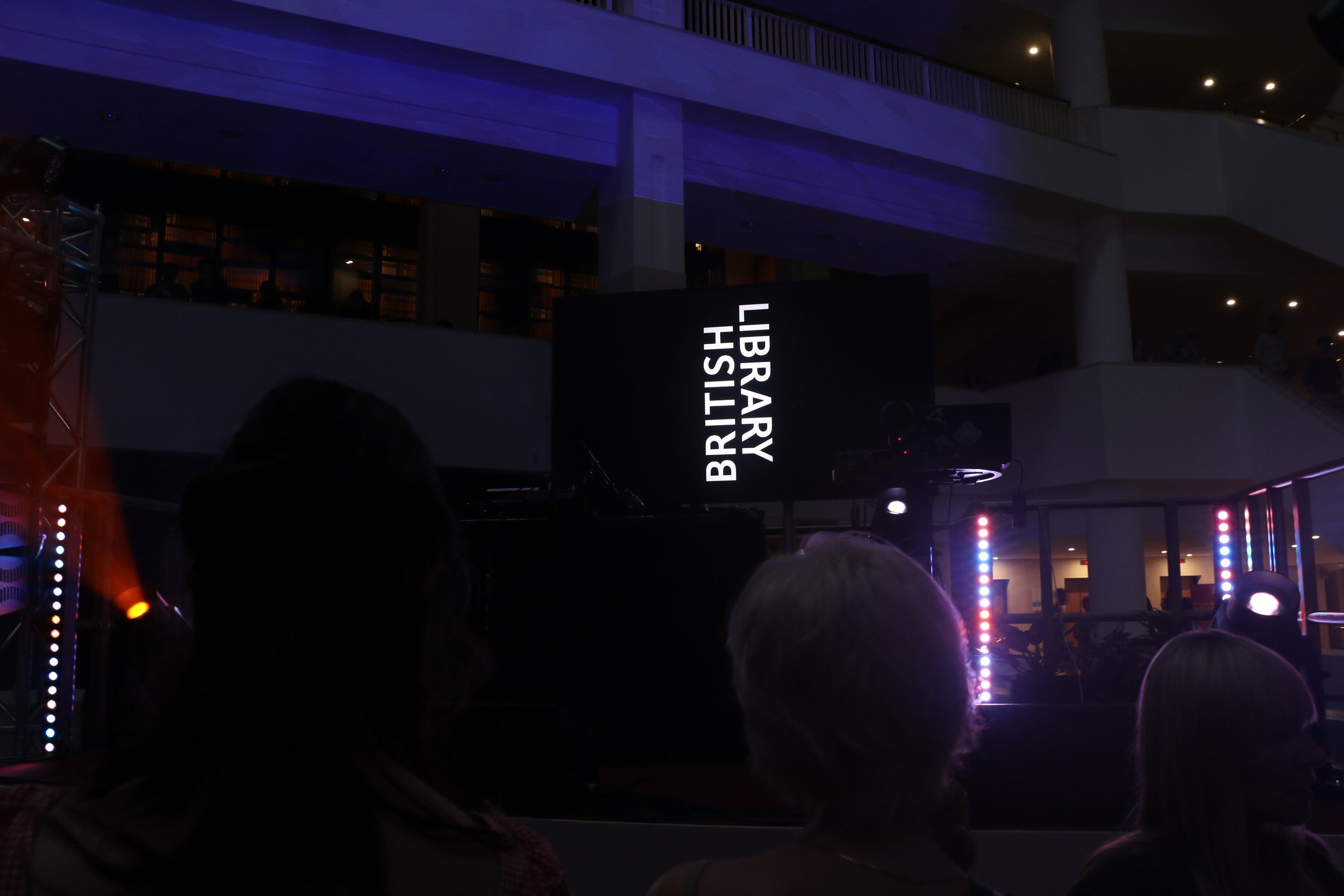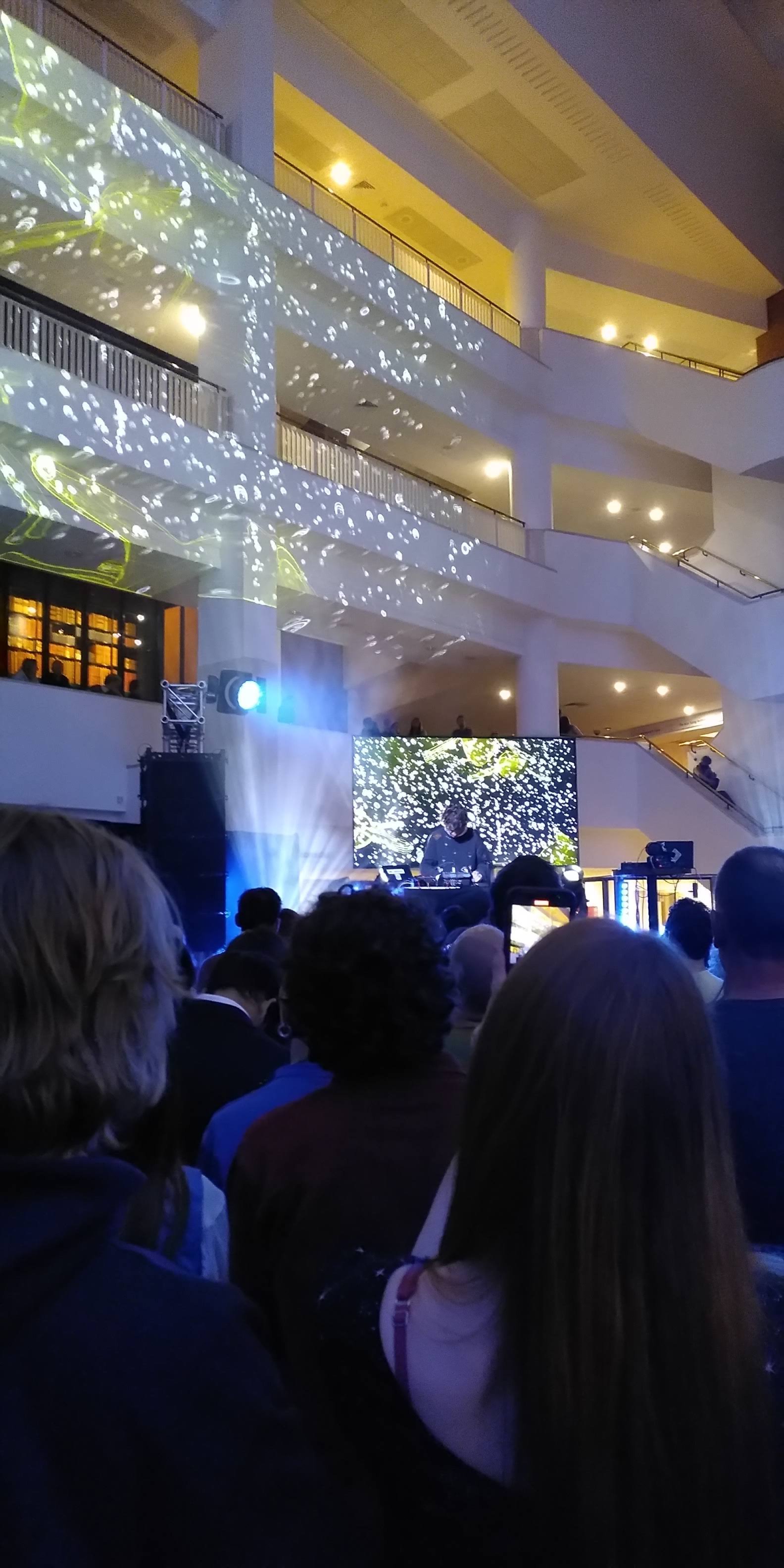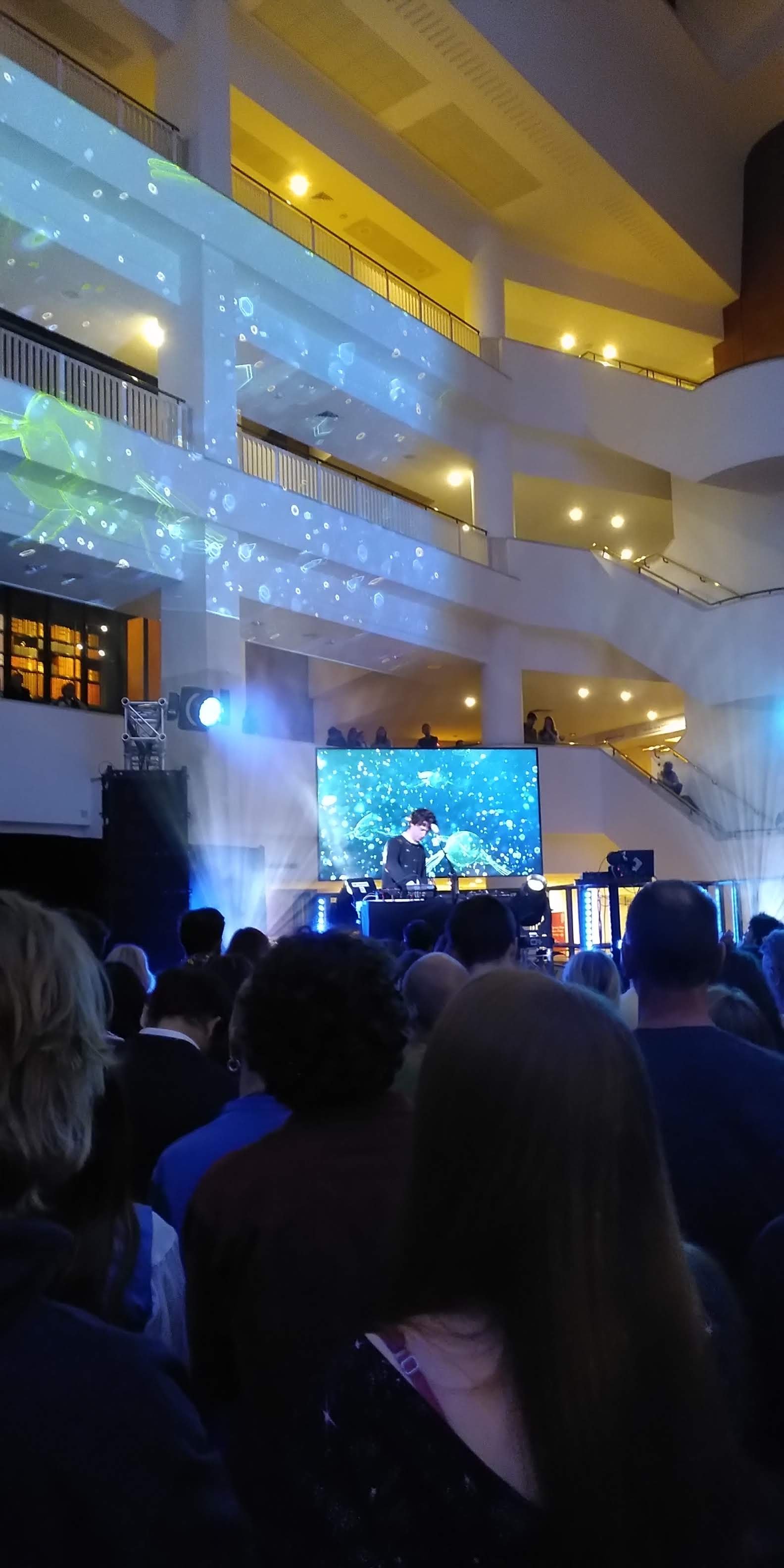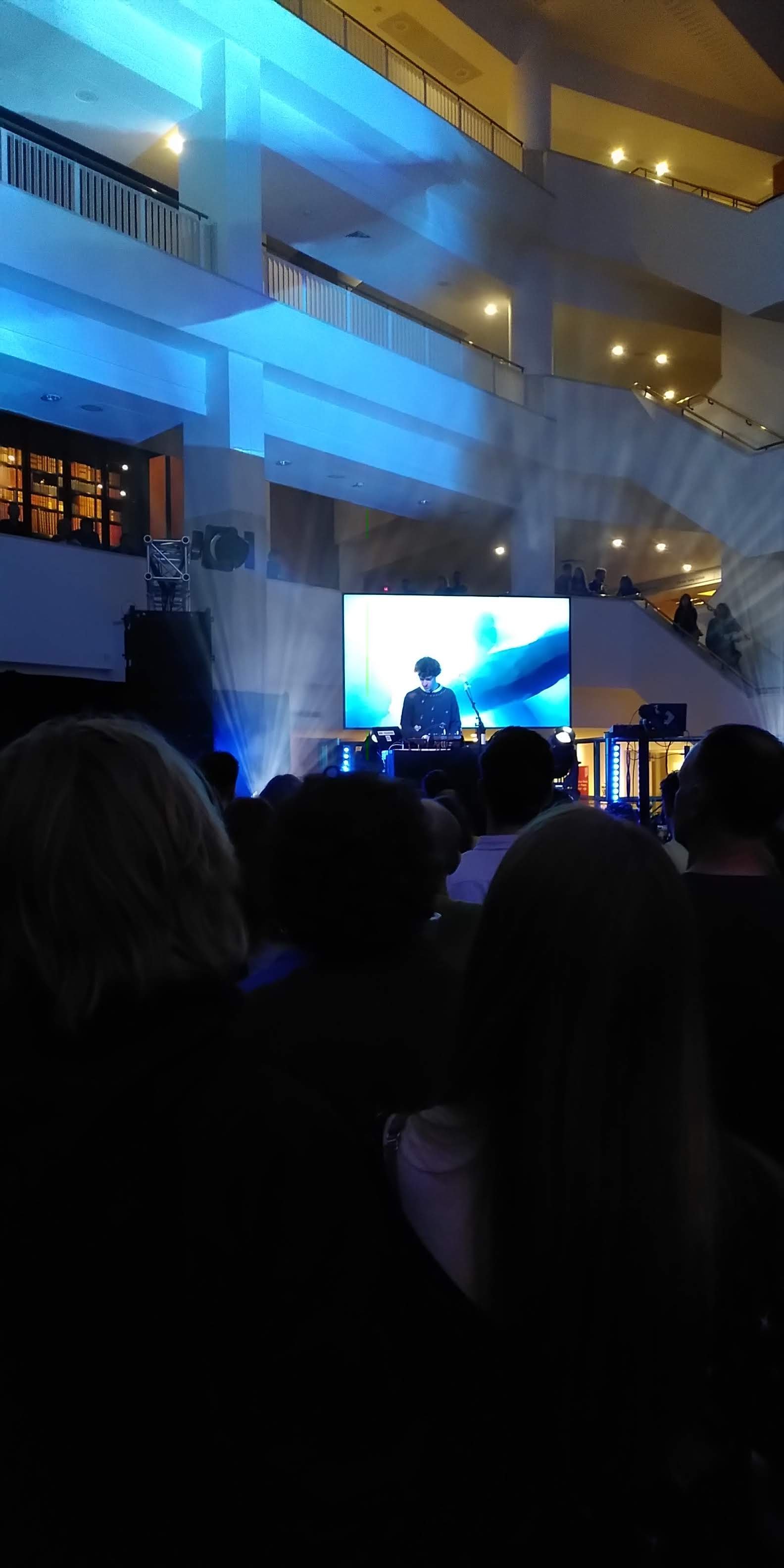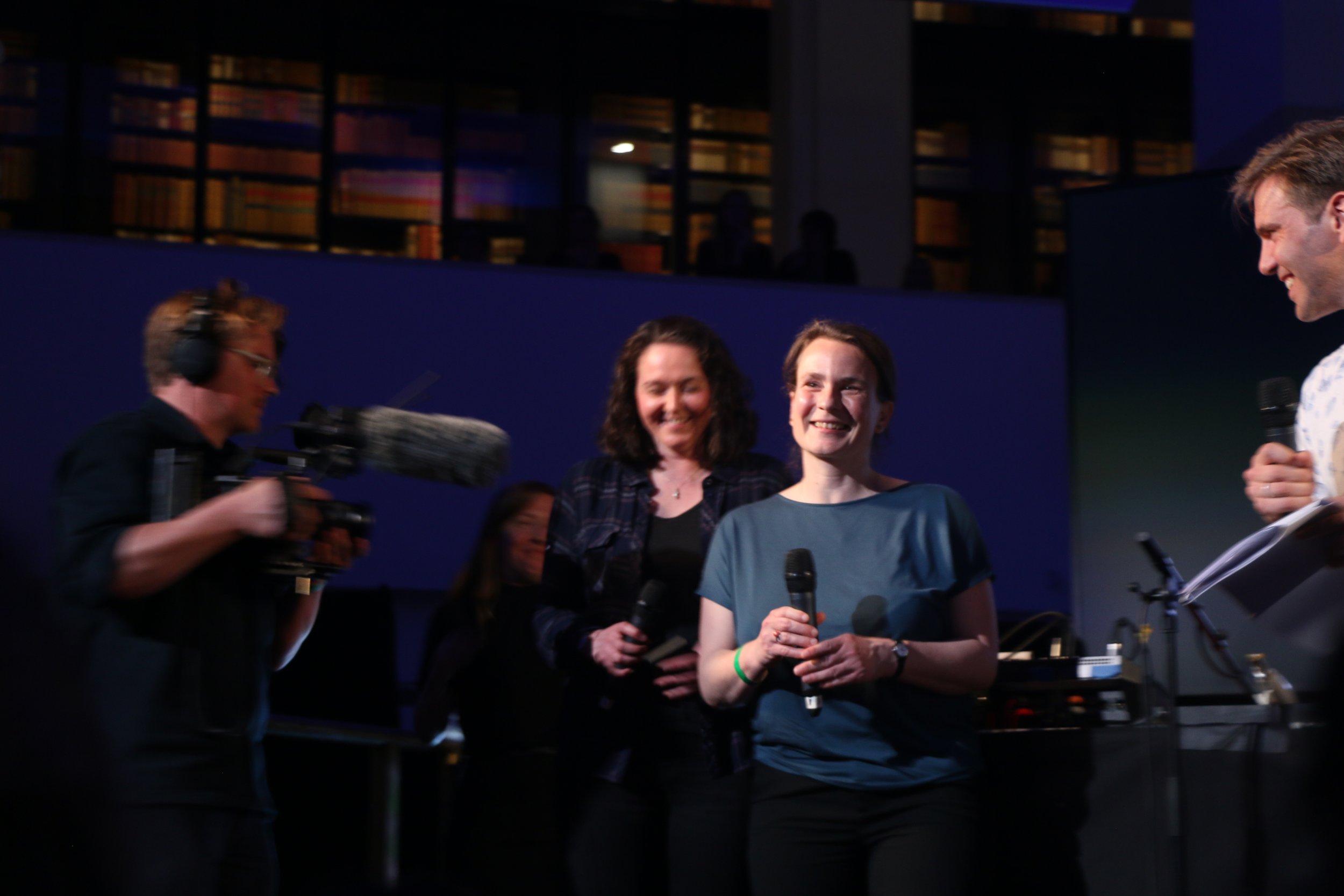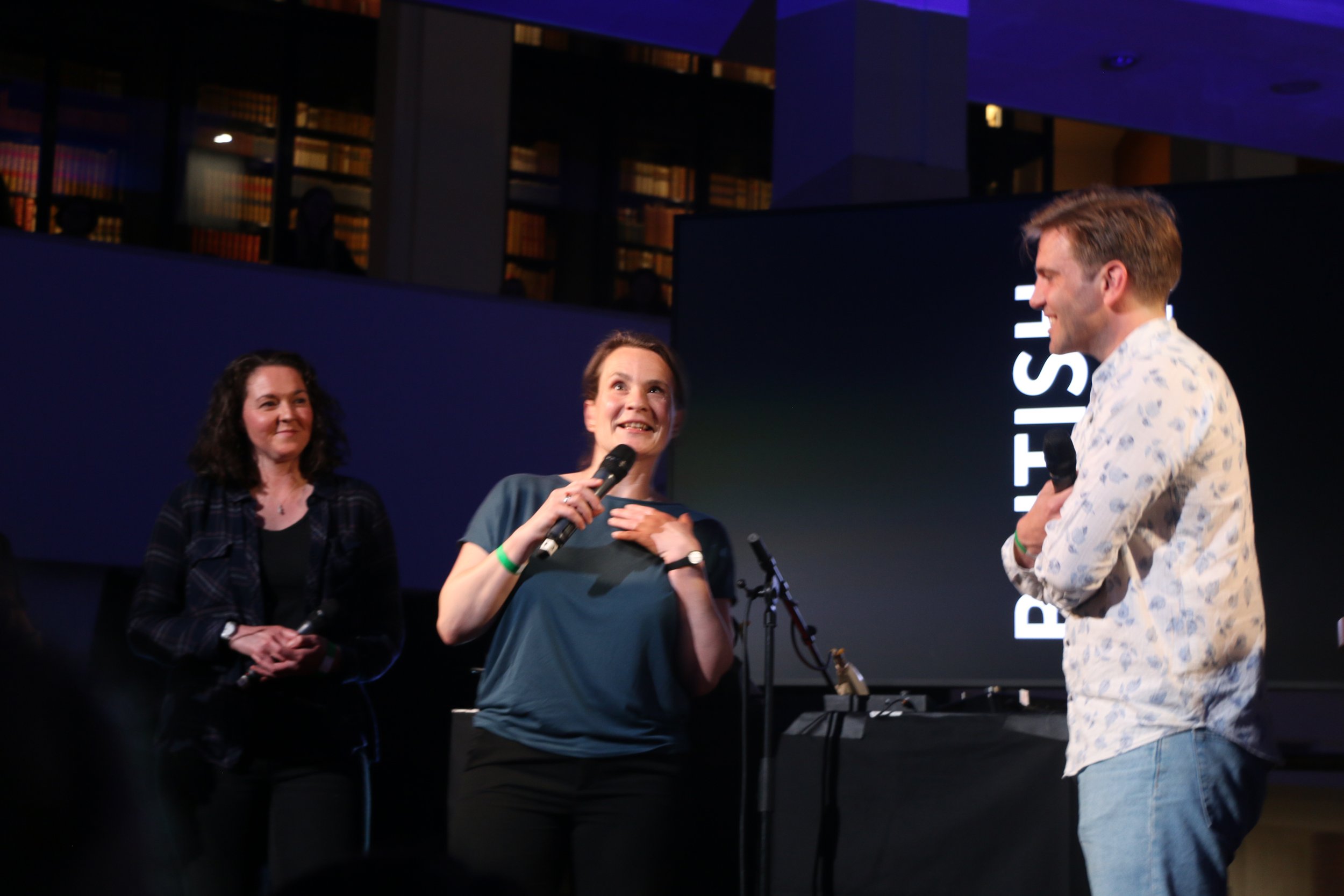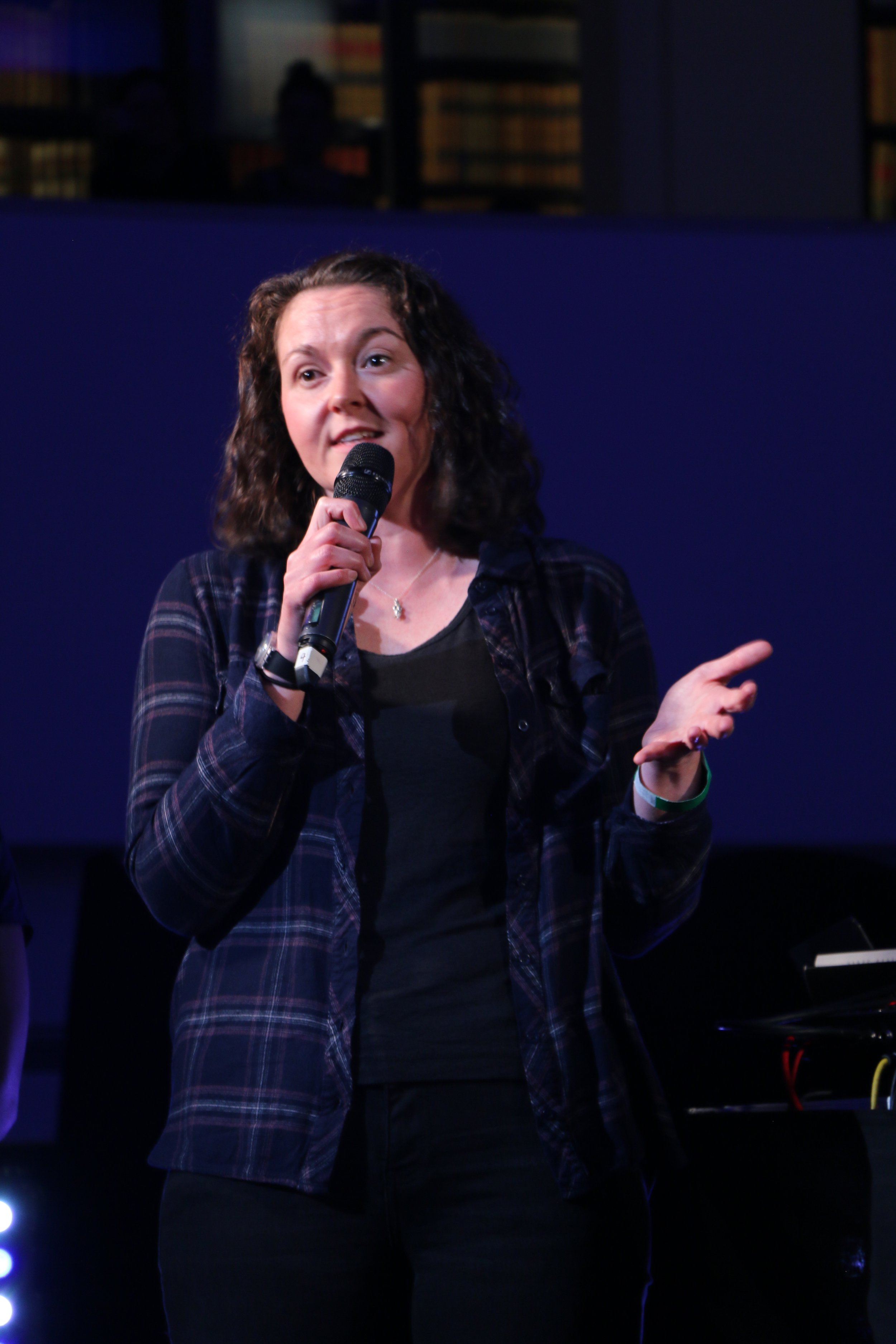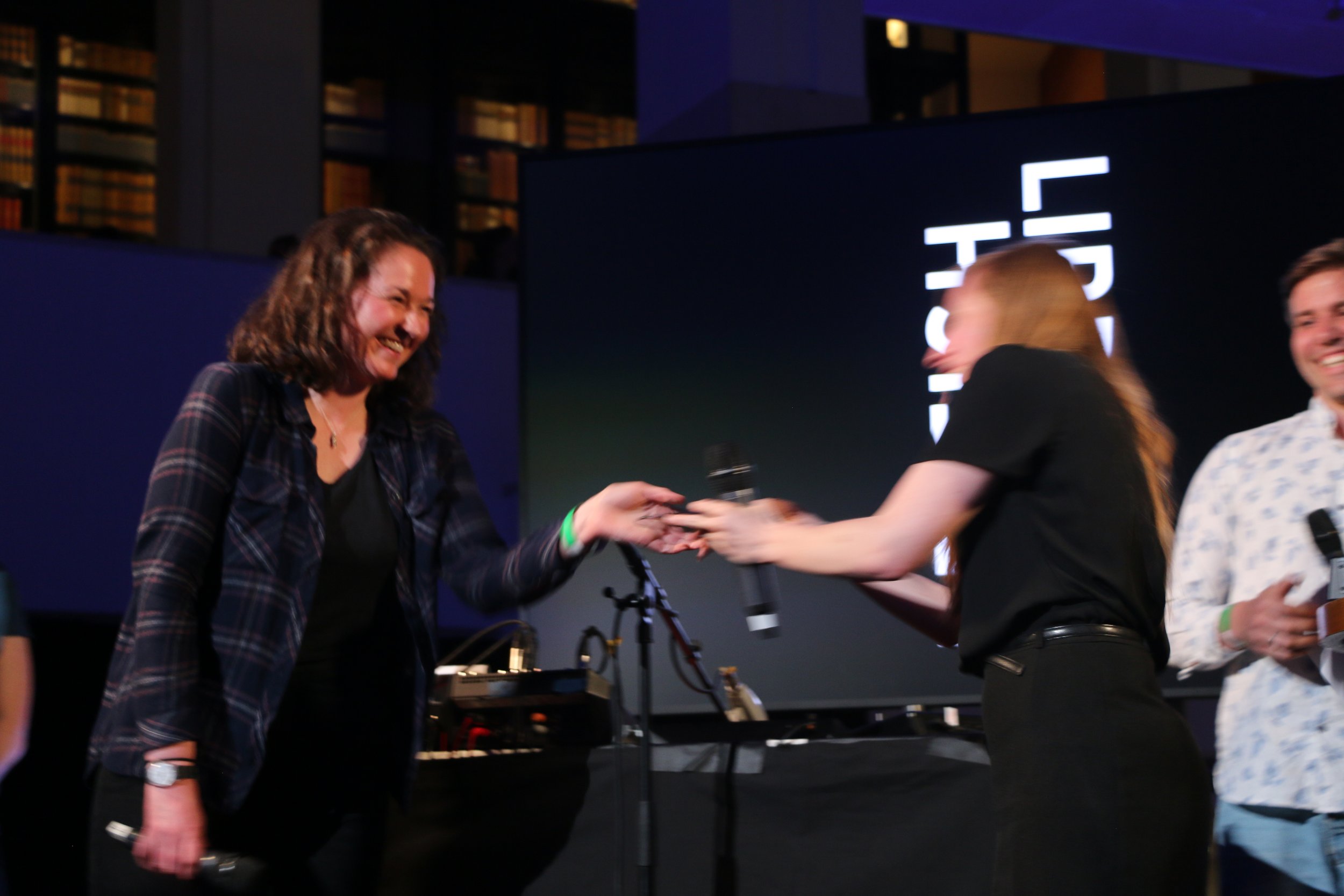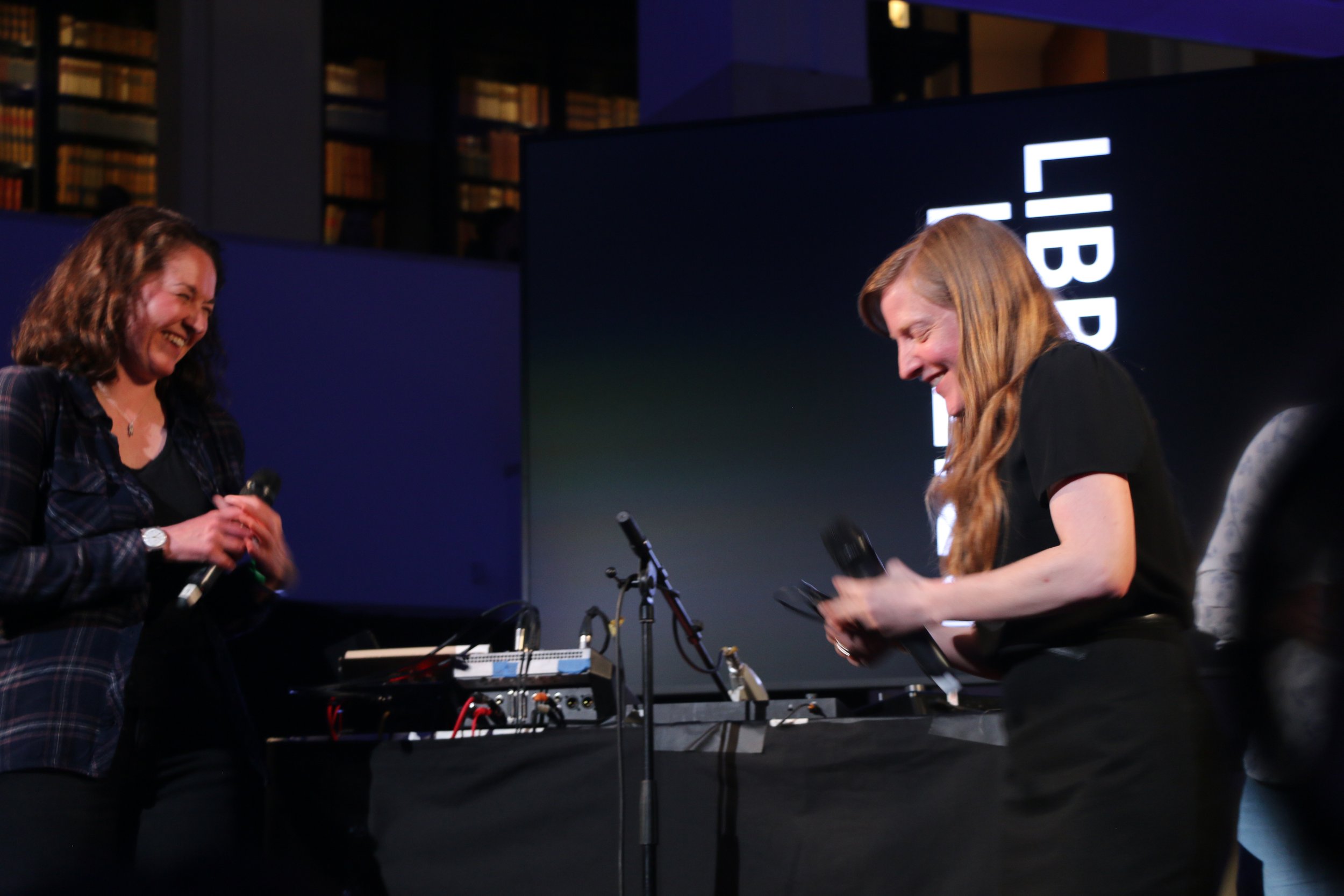Rare audio recordings of the West Coast Community shared with the British Library
John Coe and Aquarius from HWDT research vessel, Silurian, October 2022.
There are only two known recordings of the vocalisations – or ‘voices’ - of the West Coast Community of killer whales. Last week, these rare recordings were shared with the British Library to be placed in their archives and preserved for future generations alongside the sounds of extinct species and lost human languages.
The West Coast Community are a unique group of killer whales found off the west coast of Scotland. They are physically, behaviourally, and genetically distinct from other killer whales found in UK seas. The Hebridean Whale and Dolphin Trust have been monitoring the West Coast Community since the 90’s and, over time, the population has decreased. Only two adult males, named John Coe and Aquarius, have been seen in the last 7 years.
Amazingly, just two acoustic recordings of the West Coast Community are known to exist. These rare and important recordings were collected by Hebridean Whale and Dolphin Trust volunteers during research expeditions on board our whale research yacht, Silurian, in Scotland in 2007 and 2021. The recording made in 2007 is of Comet and Puffin. The recording made in 2021 is particularly poignant as it only features John Coe and Aquarius, thought to be the last of their kind.
To preserve the unique voices of the West Coast Community we have teamed up with the British Library and their Curator of Wildlife and Environmental Sounds, Cheryl Tipp. The British Library holds a world-renowned collection of over 250,000 species and habitat recordings. Preserving these acoustic treasures alongside the sounds of extinct species, lost languages and historic works of art and literature is a fitting tribute to the importance of the much-loved West Coast Community.
“I am thrilled that the voices of the West Coast Community have found a home here at the British Library. We are the custodians of the UK’s sonic heritage and so it’s a privilege to be entrusted with such precious recordings. We will ensure that these recordings are preserved for future generations and that the memory of this disappearing population is never forgotten.”
The transfer of the recordings to the British Library took place at an event on Friday 19th May, Late Night at the Library with Cosmo Sheldrake and Tom Mustill. The event was incredible.
Highlights included hearing - and feeling - the deep reverberations of blue whale and humpback whale vocalisations echoing around the huge foyer and bathing the audience in sound, during Tom Mustill’s Whale Song Sound Bath. Hearing about the time that Doug Allan sang ‘happy birthday’ to a group of Beluga whales in an impromptu appearance on stage. Listening to what is believed to be the world’s oldest recording of a humpback whale from the 1950’s, recorded by Frank Watlington in Hawaii – played in its entirety for 5 mins.
Cosmo Sheldrake’s extraordinary performance of his new EP Wet Wild World was another highlight, featuring the sounds of coral reefs coming back to life, whale song, dolphin echolocation and of course the rare voices of the West Coast Community. His set ended with the most astonishing baleen whale vocalisation that reverberated around the huge space to gasps of appreciation and huge applause!
In a moving moment, led by Tom Mustill, Alison Lomax from HWDT and Denise Risch from the Scottish Association for Marine Science (SAMS) were invited on stage to explain more about how whale voices are recorded, and the long-term acoustic research being undertaken in Scotland. During the segment – lovingly referred to as “geeks on stage!” by the event DJ, Jason Singh – Alison shared the plight of the West Coast Community and how HWDT volunteers have been pivotal in the monitoring of this unique population. Cheryl Tipp from the British Library joined us as we handed over a hard drive of the only known recordings of West Coast Community vocalisations to be stored in the British Library archives.
“HWDT are delighted to be sharing a range of recordings from our acoustic surveys with the British Library. Acoustic recordings collected by volunteers on board Silurian of dolphins, snapping shrimp, and human activities will accompany the voices of the West Coast Community in the British Library archives. This is the beginning of a new partnership to ensure that the sounds of Scottish seas are preserved for future generations.”
“SAMS is delighted that some of our and HWDT’s long-term passive acoustic data, including the rare recordings of the Scottish west coast orca community, will find a permanent home in the British Library. This will make the data truly accessible to naturalists, scientists, students, artists and the public and will foster future collaborations across our various communities. ”
We need you to help monitor the marine soundscape off Scotland’s west coast. Join us onboard our research vessel, Silurian, for a unique experience. Learn how to detect different whale voices and human noises and gather vital acoustic data, while exploring the Hebridean seas. No experience is required as full training is provided.
During our visit we also took in the British Library’s new exhibit, Animals: Art, Science and Sound, features recordings from the sound archive alongside historic natural history texts and illustrations. The exhibition is on until 28th August and is well worth a visit.


